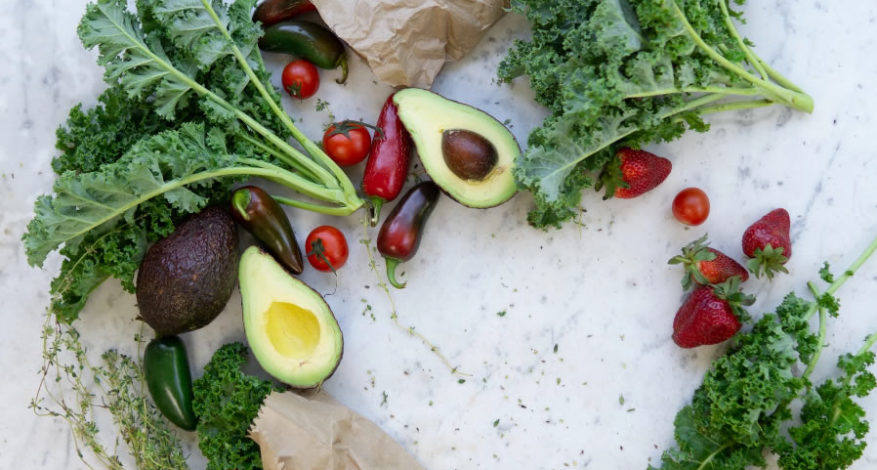Why Community Is So Important If You Have Lupus
“Two people are better off than one, for they can help each other succeed. If one person falls, the other can reach out and help. But someone who falls alone is in real trouble. Likewise, two people lying close together can keep each other warm. But how can one be warm alone? A person standing alone can be attacked and defeated, but two can stand back-to-back and conquer. Three are even better, for a triple-braided cord is not easily broken.”
What is lupus community?
I am not a scholar from the NIH, but I would define lupus community as a group of people doing their best to embrace vulnerability and be open and transparent about the physical, emotional, and spiritual peaks and valleys of lupus. A lupus community should be a space to support and encourage each lupus warrior and meet them where they are. To go before, walk beside, and provide a shoulder to lean on. All the while, learning, loving, and growing…together.
If you live with lupus or another chronic illness, you may start to become aware of who you want your close “community” to be. You may start to see a shift in who you gravitate towards, who you reach out to, and who you let your guard down with.
This blog is meant to explore the benefits and obstacles of this process, and delve into why it is so important to find your “community” if you have lupus.
Whether it be a support group, a religious ceremony, a music concert, or football game, experiences of collective assembly affect us. Coming together allows us an opportunity to feel connected to something bigger than ourselves; it is an opportunity to feel joy, meaning, connection, and peace.
Community Resources
Finding community may present as a challenge in these COVID-19 times. Thankfully, there are many online resources to provide you with connection if you are sheltering in place due to the pandemic.
Here are some that I find helpful:
-
LupusConnect™: is an online lupus community where individuals with lupus and their loved ones can engage with others like them to share experiences, find emotional support and discuss practical insights for coping with the daily challenges of the disease. It’s an easy-to-use, online platform that encourages its community members to ask questions, reply to posts, and read about others’ experiences in a safe and comforting community.
-
Hospital Special Surgery: LupusLine® is a free national telephone peer counseling service focusing on one-to-one support for people with lupus and their families. LANtern® (Lupus Asian Network) is a free national support and education program for Asian-Americans with lupus and their families. SLE Workshop is a monthly education and support group for people with lupus, along with their family and friends. Charla de Lupus (Lupus Chat)® is a free national peer health education and support program for Spanish-speaking communities with lupus. Teen and Parent Lupus Chat Groups are monthly in-person chat groups for teens with lupus and their parents.
-
More Than Lupus: MTL offers a monthly In-Person Support Group that lends to an environment of acceptance, and community. We meet the third Saturday of the month, every month. The “Lupus Live” Facebook semi-weekly support chats are an amazing way to foster connections with others in the lupus community from the comfort of your own home or office. Facebook @morethanlupus



